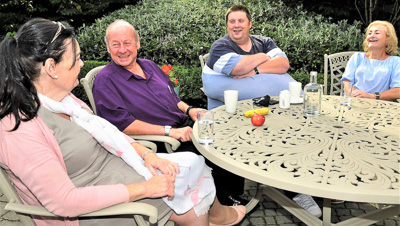What is this research about?
Behavioural weight management interventions (BWMIs) are the main publicly funded interventions for obesity in the UK but there is high intervention variability including by mode of delivery, dietary, physical activity and behavioural components.
Most often these are community-based groups which meet weekly for 12 weeks, focusing on diet, physical activity and behavioural change. There are national guidelines on what a BWMI should contain, but they are vague and only cover a small part of what makes up a BWMI. It has been difficult to compare BWMIs and see what works best because researchers have used different ways to describe the weight-loss results in studies, or do not fully describe what the BWMIs involved for participants.
BWMIs are complicated and they can be made up of very different parts. For example, one BWMI may have exercise classes every week but another may simply give advice on being more active. These differences are seen across the recommended diets, the help for people to plan and stick to the BWMI (like keeping a diary of what you eat or setting targets for how much weight to lose), and things related to how the BWMI is run, such as the training of the staff or how far people need to travel to take part. No one is sure what works best. It may be that the same BWMI will not work as well for everyone; younger adults, men, ethnic minorities or those from deprived backgrounds may have different needs. As there is doubt as to what types of BWMIs work best, in many areas of the UK BWMIs are not funded at all.
We want to find out which parts of BWMIs are linked to weight-loss, and what the best combination of parts is for different groups of people taking part.



.png)
